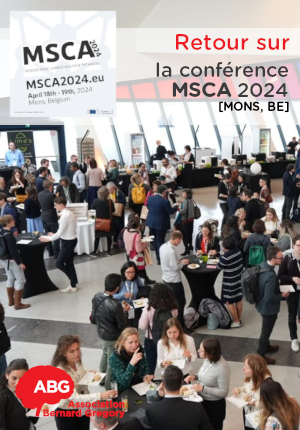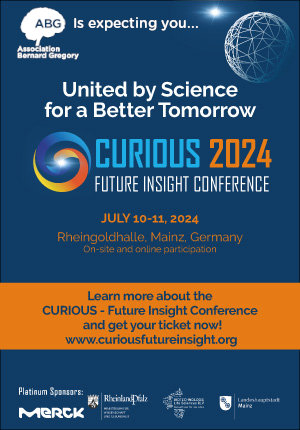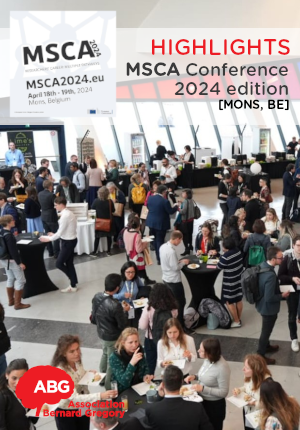Highlights of the Marie Skłodowska-Curie Actions (MSCA) conference held in Mons, Belgium in 2024
The Marie Skłodowska-Curie Actions (MSCA) conference took place on April 18-19 in Mons, Belgium, hosted by the Belgian Presidency of the Council of the European Union and supported by the European Commission. This year's theme centered around researchers' career pathways. ABG was among the invited panelists, and we bring you the key highlights from the event.
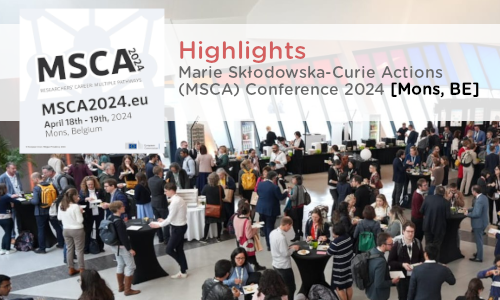
What is Marie Skłodowska-Curie Actions (MSCA) program?
Round table: “After your PhD, what’s next?” & ABG
The MSCA conference in Belgium has deep historical ties to Marie Skłodowska-Curie herself. During World War I, she served in Belgian hospitals, pioneering a new technique known as radiotherapy to analyze soldiers' wounds. Additionally, Marie Curie was invited to the Solvay Councils of Physics and Chemistry, founded in Belgium. She also played a crucial role in studying uranium oxide after its discovery in the Congo, which was then a Belgian colony.
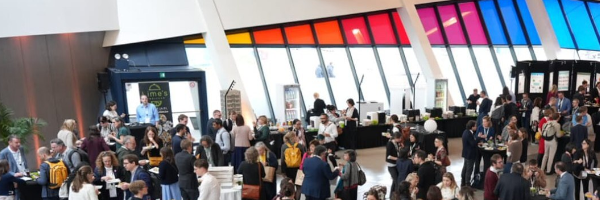
What is Marie Skłodowska-Curie Actions (MSCA) program?
The Marie Skłodowska-Curie Actions (MSCA) program offers fellowships with attractive employment conditions for all nationals across various domains. The program emphasizes international, intersectoral, and interdisciplinary mobility. Notably, approximately 2,700 non-academic organizations participate in this program. Fellows gain access to training, skills, and career development opportunities at all stages of their careers. ABG has developed and implemented personalized career training plans for some MSCA projects.
The industrial aspect of the program is highly valued by researchers, with 70% of fellows eventually working in the economic sector upon completion of their fellowships. Moreover, Claire Morel, from DG Education, Youth, Sport, and Culture – MSCA Unit, highlighted the growing support for researchers to engage with the economic sector. For instance, the EIC Next Generation Innovation Talents scheme offers internships within startups to current MSCA fellows, allowing them to gain firsthand experience of the innovation process.
With an eligibility rule allowing application up to 8 years after a PhD defense, MSCA supports researchers at any stage, providing opportunities for them to return to academia after a career break.
In addition to the fellowship, there's also the Alumni Association, MCAA, along with its national chapters, which are open for any researcher to join at no cost. The association serves as a platform where members can receive recommendations for their CVs, including narrative-style guidance, and engage in discussions on open science initiatives, and much more.
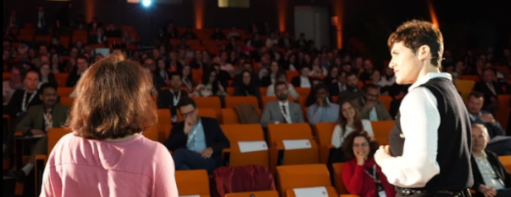
The 2024 conference in Mons
The 2024 conference in Mons aimed to address researchers’ careers by bringing together researchers, career and international mobility professionals from both academic and economic sectors, universities, and policymakers. After Willy Borsus, Wallonia's Minister of Research, delivered the opening speech outlining a promising program for the discovery of the city of Mons, various stakeholders presented their perspectives and innovations on the subject.
Eurodoc representative Sebastian Dahle pointed out that the traditional linear career trajectory in academia, from PhD holder to professor, is no longer the norm. Instead, researchers move across different sectors and types of employment, indicating that a non-linear research career is increasingly common. This highlights the importance of recognizing transferable skills as core skills, rather than merely "soft" skills.
NOTE: To assist you in translating your academic experience and skills into language suitable for non-academic audiences, ABG and its partners France Université and Medef offer you the DocPro doctoral skills framework.
In addition to providing a clear and organized overview of skills derived from doctoral experiences, it serves as a tool for reflection, self-assessment, and communication, which can be highly beneficial in preparing for job interviews and advancing your professional mobility.
All you need to know about DocProNormunds Popens, Deputy Director-General of DG Education, Youth, Sport, and Culture and a former researcher in chemistry, shared his own unconventional career path as an example for PhD holders. He emphasized that not all researchers will pursue careers in academia, with only 15% remaining in that sector in Europe. Many will find opportunities in SMEs, large companies, NGOs, and public bodies.
Drawing from her experience of international mobility to the USA, Sarah-Maria Fendt, a Principal Investigator at the VIB Center for Cancer Biology and Professor of Oncology at KU Leuven, highlighted the value researchers can bring to industry. She emphasized the importance of maintaining enthusiasm to attract potential sponsors and staying motivated to pursue one's passion, even in the face of setbacks. Effective communication skills, both on CVs and in projects, are essential, along with the ability to explain concepts using appropriate language for a broad audience and being adaptable.
ROUND TABLE : “AFTER YOUR PHD, WHAT’S NEXT ?” & ABG
ABG was invited to a conference by the Belgian Presidency of the Council of the European Union and the Service public de Wallonie, and was supported by the French Embassy in Belgium, to discuss the career trajectories of PhD holders alongside other stakeholders involved in PhD career development.
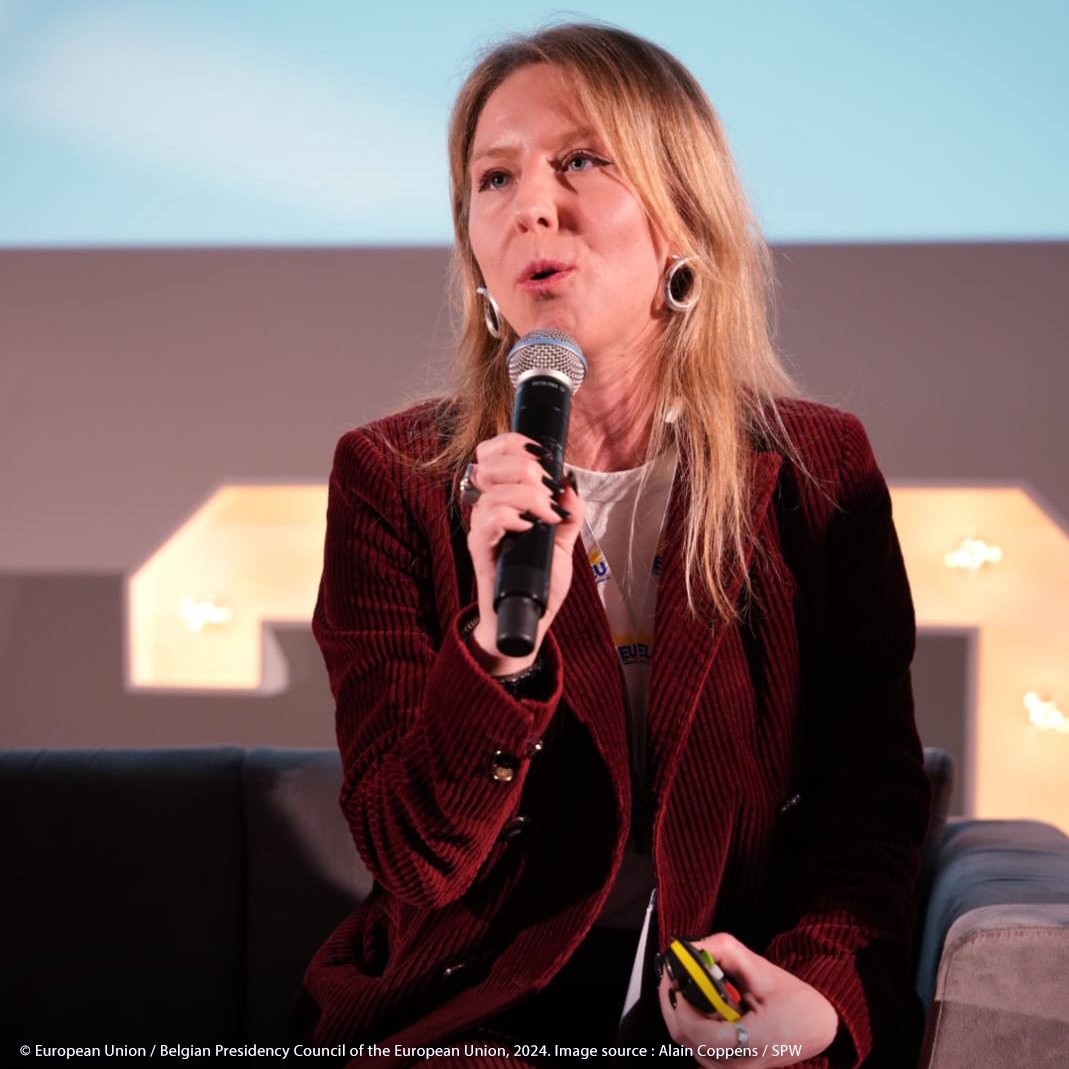 Anouk Lafortune from the MSCA Unit (EC) presented findings from end-of-fellowship questionnaires, indicating that approximately 49% of MSCA doctoral researchers find employment within three years of completing their program. Those not employed are typically still in training (26%), unemployed (15%), or inactive for other reasons (10%). Two years later, the unemployment rate drops significantly to 7%. Neda Bebiroglu from the Observatoire de la recherche et des carrières scientifiques presented an analysis of career trajectories in the Wallonia-Brussels Federation, indicating a low unemployment rate among PhDs, with many securing jobs even before official graduation. However, establishing a career in academia takes time, leading many researchers to accumulate fixed-term contracts. In industry, only 35% of PhDs report that their job requires a PhD degree. Some employers fail to recognize the value of PhDs, often due to a lack of understanding of their skill set. Nevertheless, those who have collaborated with PhDs express clear interest and satisfaction in their contributions.
Anouk Lafortune from the MSCA Unit (EC) presented findings from end-of-fellowship questionnaires, indicating that approximately 49% of MSCA doctoral researchers find employment within three years of completing their program. Those not employed are typically still in training (26%), unemployed (15%), or inactive for other reasons (10%). Two years later, the unemployment rate drops significantly to 7%. Neda Bebiroglu from the Observatoire de la recherche et des carrières scientifiques presented an analysis of career trajectories in the Wallonia-Brussels Federation, indicating a low unemployment rate among PhDs, with many securing jobs even before official graduation. However, establishing a career in academia takes time, leading many researchers to accumulate fixed-term contracts. In industry, only 35% of PhDs report that their job requires a PhD degree. Some employers fail to recognize the value of PhDs, often due to a lack of understanding of their skill set. Nevertheless, those who have collaborated with PhDs express clear interest and satisfaction in their contributions.
Julien Calmand from JL Etudes et Recherches highlighted significant changes in France over the past 30 years regarding the recognition of a PhD as professional experience and increased private-sector involvement during thesis work. Eva Hnatkova from the National Library of Technology, Prague, emphasized that job prospects for PhDs are influenced by various factors such as research field, type of work, sector of employment, and geographical area.
Drawing from ABG's experience in supporting MSCA researchers, trends in the career evolution of PhD holders were discussed, including transitions from public research to private sectors, management or expert positions, and roles within their field but outside of research. These examples illustrate a diverse range of employers (public entities, SMEs, international organizations) and countries. Key factors facilitating such career transitions for researchers include their ability to work in teams and the international networks they develop.
MSCA researchers' concerns
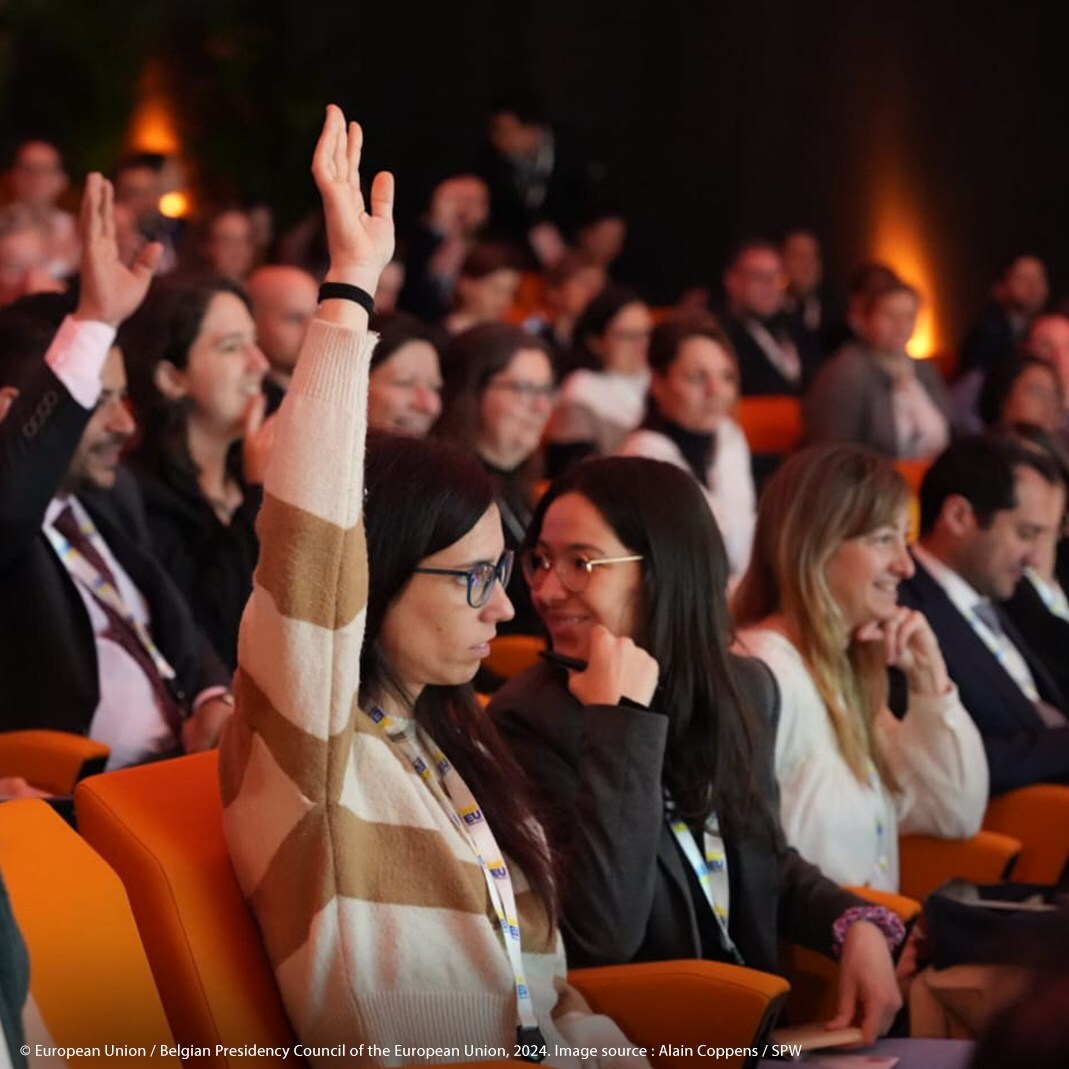 The event featured four parallel sessions covering various topics such as :
The event featured four parallel sessions covering various topics such as :
- accessing non-linear careers;
- the value of MSCA transferrable skills in the non-academic sector;
- intersectionality;
- the impact of research careers inside and outside academia and their patterns, as well as the value of a PhD for entrepreneurship.
The discussion with Audrey Arfi from the European Research Executive Agency, Marie Sklodowska-Curie Doctoral Networks Unit, Amandine Bugnicourt from Adoc Talent Management, Manolo Castellano from Talento Científico, and Jennifer Polk from From PhD to Life provided insight into the meaning of a non-linear career. Such a career, they emphasized, offers a unique source of creativity. Jennifer Polk, drawing from her experience as a researcher in social sciences, shared her thoughts, expressing concerns that without a professorship, finding alternative employment might be challenging – a sentiment likely shared by many researchers. However, the panelists highlighted that researchers possess valuable skills and expertise that can be applied outside academia. Manolo Castellano from Talento Científico remarked, "Researchers typically do not transfer their research to a company. It is not about creating a spin-off, but rather leveraging your skills and expertise to provide value to yourself and others within a company”.
Panelists from REA - the European Research Executive Agency, the Global Business Innovation Enabling Capability Platform, companies iQrypto, Monolithos, and Gevers (PAK) affirmed this idea, highlighting the range of researchers' skills from project management to leadership.
Discussing opportunities as an entrepreneur, Matteo Tonelli from ANRT cited statistics from France, where 24% of industrial PhDs (CIFRE) secure a position within the same company. Furthermore, it is highly important for researchers to cultivate an entrepreneurial spirit, whether or not they decide to launch a company.
A question about the role of Principal Investigators (PIs) and the expectations for fellows to be supported by them was raised. In 2021, MSCA prepared guidelines on supervision. Additionally, since 2014, ABG has implemented training sessions, including within European MSCA projects, focusing on PhD supervision and management, while also addressing the intercultural aspects of these activities.
The discussion also centered around the definition of a successful career for PhD holders. The answers ranged from
in practical contexts,"
such as development, production, or policymaking,"
while earning a satisfactory salary, whether in academia or outside of it”.
The stage was also given to researchers – MSCA fellows from various fields, from humanities to STEM disciplines – to present their work in "Falling Walls Lab pitches" with the goal of explaining their new projects funded by MSCA in a very accessible way. Each researcher linked their work to how it could be implemented by industry and utilized by society.
Discover live from the first day
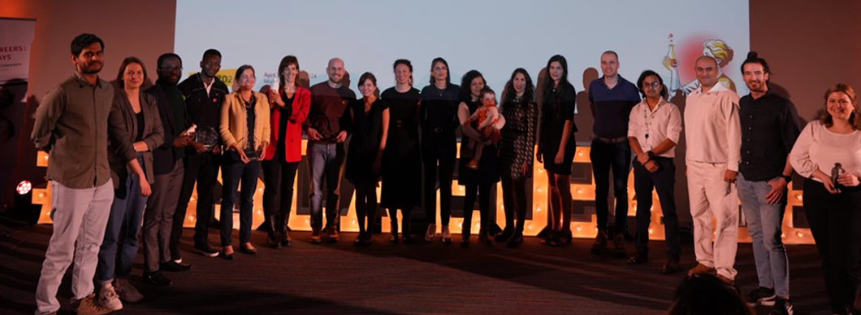
MSCA perspectives
The primary focus of the conference was also to deliberate on the perspectives of MSCA and its new chapter in the upcoming framework program.
The stage was yielded to Ukrainian researchers to provide a comprehensive update on the prevailing research landscape in Ukraine, along with elucidating the challenges encountered by researchers from Ukraine. Personal examples of research advancements by attending researchers were also shared. This year also, MSCA will offer additional support to 50 displaced researchers from Ukraine through its new call, scheduled to open in May.
Furthermore, as the nature of research work evolves with new realities such as new research techniques, non-linear career paths, and transversality, MSCA should also adapt and update or reinforce its principles. A new chapter will enhance working conditions for researchers and improve the quality of life for international researchers in Europe. Manuel Heitor, speaking on behalf of the Conference of European Schools for Advanced Engineering, emphasized the importance of ensuring the sustainability of research. There is already a growing concern about guaranteeing that future generations can continue to engage in research.
Discover live from the second day
MSCA fellowships & industry
If your company has received MSCA funding and is seeking highly talented researchers, post the job offer on our website and leverage ABG's international network of researchers to find the right person.
If you are interested in hosting an international researcher and co-implementing a project, consider MSCA individual fellowships.
please contact Dr Kristina Berkut [Head of International Cooperation at ABG] at kristina.berkut@abg.asso.fr.
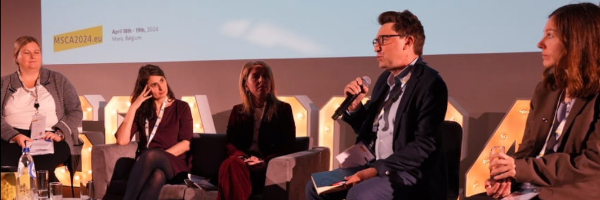
Get ABG’s monthly newsletters including news, job offers, grants & fellowships and a selection of relevant events…
-
JobPermanentRef. ABG123678LVMH / GaïaParis - Ile-de-France - France
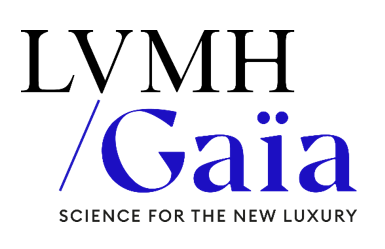
Ingénieur Recherche Nouvelles Matières Maroquinières (H/F)
Materials scienceJunior -
JobPermanentRef. ABG123652Hermès- Nouvelle Aquitaine - France
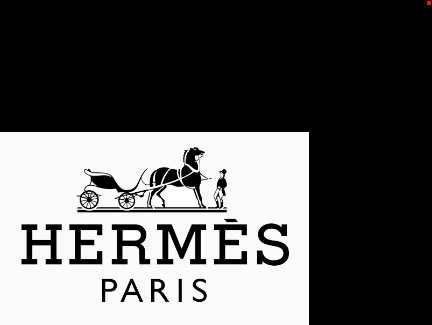
CDI – Ingénieur Développement Technique – Responsable d’une Plateforme de Projets R&D – CATE (H/F)
Materials science - Process engineeringAny -
JobPermanentRef. ABG123470Association Bernard Gregory (ABG)PARIS 3ème - Ile-de-France - France
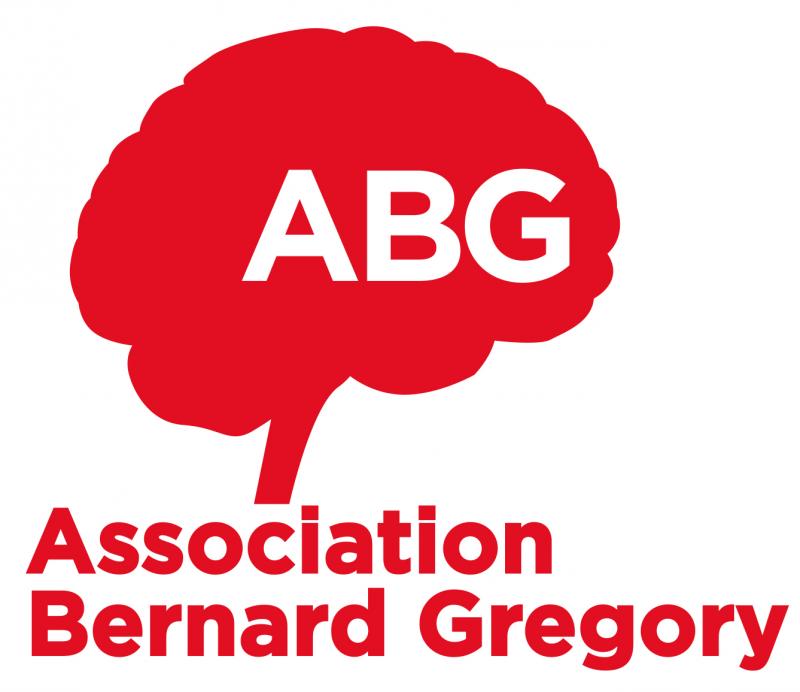
Créateur et animateur de formations [f/h]
Open to all scientific expertisesAny












